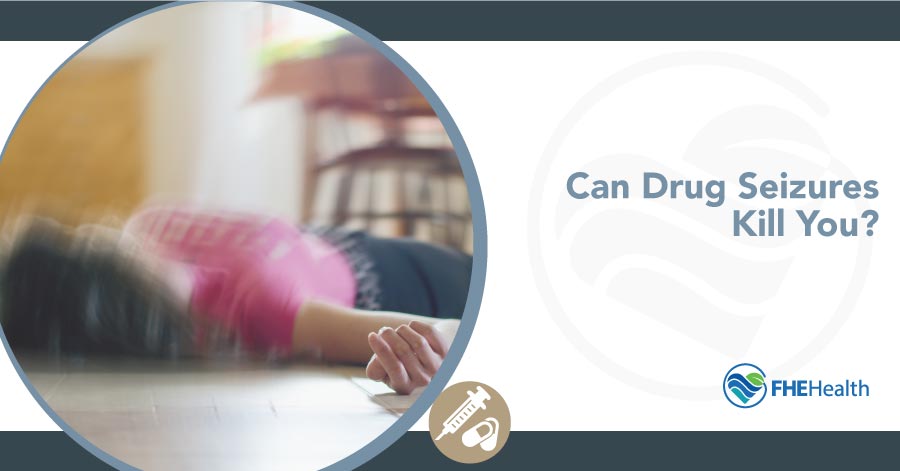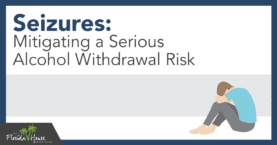
Seizures are a common topic in discussions about substance abuse. Their occurrences are common during withdrawal from several addictive substances, including alcohol and benzodiazepines.
But what many people aren’t so aware of are seizures caused by other drugs. These can occur as a result of short- and long-term drug use, including prescription drugs that are used as directed. They can onset as a result of a drug overdose, or they can happen during withdrawal. While drug-induced seizures may be more commonly associated with some addictive substances than others, they are a real risk; they can be fatal, and they are capable of changing the lives of real people every day.
In this piece, our mission is to uncover some of the lesser publicized effects of drug abuse and addiction (such as drug-induced seizure brain damage) and talk about drug-induced seizures in a way that illustrates their scope in the bigger picture.
How Do Drugs Cause Seizures?
Alcohol, opiates, benzos, cocaine, and amphetamines are just the most common substances that increase the risk of seizures in their users.Seizures, epileptic or otherwise, are caused by abnormal electrical activity in the brain. Brain function operates via electrical impulses that send signals to different parts of the body. Looking at it as simply (and unscientifically) as possible, a seizure is sort of like a thunderstorm. For one reason or another, the electrical impulses that the brain uses to communicate go out of balance, and a seizure is a possible result.
While different substances interact with the human brain in different ways, every drug has an effect on brain activity. Some ways that drug-induced seizures occur are well understood, but many aren’t. Here’s a summary of when and how drugs and alcohol can cause seizures from different types of use.









